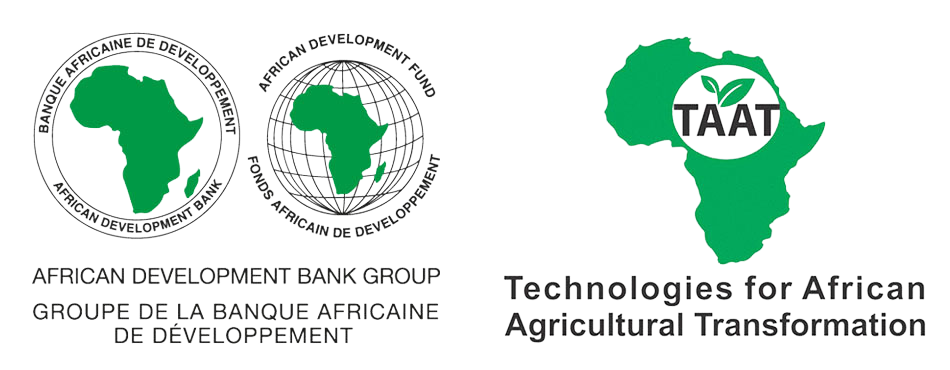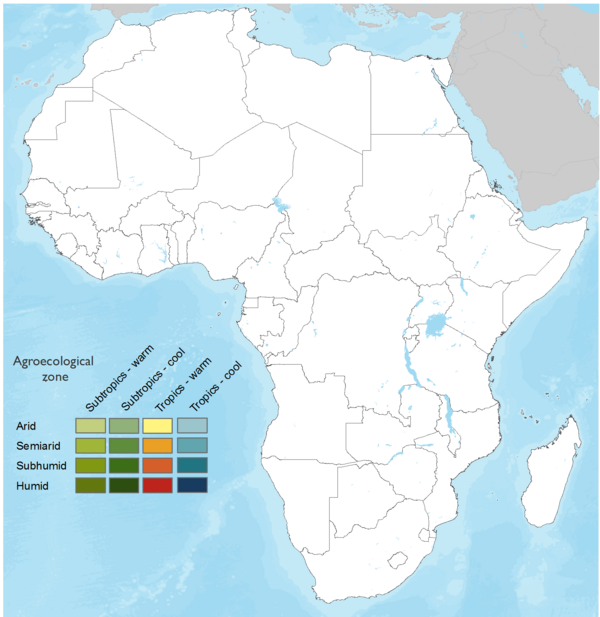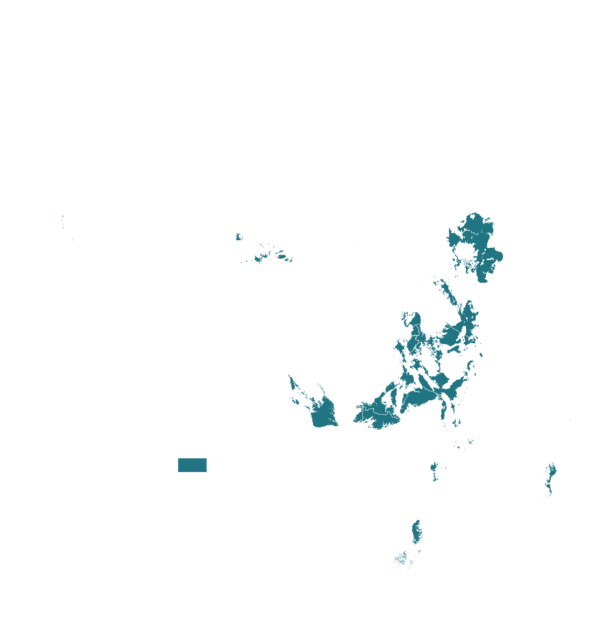

Solar-Powered, Cost-Effective, and Ecologically Smart BioFertilizer for Thriving Crops and Sustainable Agriculture
ABC Grower is an innovative biotechnology developed as a cost-effective fertilizer solution. It utilizes positive microorganisms (EM) to extract essential nutrients from weeds efficiently. These nutrients are then concentrated and carefully formulated to cater to the specific needs of crops, particularly adapted to tropical soils. Powered by solar energy, ABC Grower significantly reduces organic fertilizer production time and costs, providing a sustainable and economically viable alternative for farmers in West Africa.
This technology is validated.
Production Kit purchase
Benefit for the kit purchase
Lifespan
Patent granted
Land Degradation and Reduced Agricultural Productivity:
Poverty Among Farmers Using Chemical Inputs:
Low Adoption of Compost in Organic Farming:
Cost Reduction in Fertilization: Significant reduction in fertilization costs, addressing the financial burden faced by farmers using traditional organic systems.
Improved Agronomic Efficiency: Enhanced agronomic efficiency achieved through precise formulation of biofertilizers, overcoming the limitations of conventional organic fertilization.
Solar Energy Utilization: Using solar energy to reduce the production duration of organic fertilizers from 60 days to just 14 days, reducing the arduousness of the production process.
Economic Valorization of Weeds: Economic valorization of weeds in fields, providing additional economic value to these plants for the benefit of farmers.
For Manufacturers:
Manufacturing ABC Grower technology offers a sustainable, cost-effective, and efficient fertilization solution, bolstering food security, poverty reduction, and women's empowerment. It also positions manufacturers as pioneers in eco-friendly agricultural technologies, fostering revenue generation and environmental sustainability.
To excel in this market, efficient transportation methods and suitable storage facilities should be identified, especially since the raw material is sourced from Benin with a volume of 1.05m3.
To initiate production, acquiring the kit, available in various sizes at USD 1,500, and obtaining a license active in 17 countries including Benin, Burkina Faso, Cameroon, Central African Republic, Comoros, Congo, Côte d'Ivoire, Gabon, Guinea, Guinea Bissau, Equatorial Guinea, Mali, Mauritania, Niger, Senegal, Chad, and Togo, is necessary.
The target customer base comprises wholesale fertilizer distributors, retailers, development projects, government agencies, and NGOs. Establishing robust partnerships with wholesale distributor networks is paramount for business success.
For Resellers:
The sale of ABC Grower technology not only offers a valuable product but also facilitates deeper engagement with users, thereby contributing to improved food security, poverty reduction, and women's empowerment.
To effectively navigate this market, it is essential to identify efficient transportation methods and assess suitable storage facilities, particularly as the technology is sourced from Benin.
The potential customer base includes small, local retailers, development projects, producers, and producer cooperatives or associations.
For Users:
ABC Grower provides users with a sustainable, cost-effective fertilization solution, enhancing agricultural productivity, food security, and potential incomes while fostering environmental sustainability.
As key partners, sellers of the product are required. Considering a cost structure of USD 8, it is necessary to estimate the profit derived from its use.
Adults 18 and over: Positive high
The poor: Positive high
Under 18: Positive low
Women: Positive high
Climate adaptability: Moderately adaptable
Farmer climate change readiness: Significant improvement
Biodiversity: No impact on biodiversity
Carbon footprint: Much less carbon released
Environmental health: Greatly improves environmental health
Soil quality: Improves soil health and fertility
Water use: Much less water used
Scaling Readiness describes how complete a technology’s development is and its ability to be scaled. It produces a score that measures a technology’s readiness along two axes: the level of maturity of the idea itself, and the level to which the technology has been used so far.
Each axis goes from 0 to 9 where 9 is the “ready-to-scale” status. For each technology profile in the e-catalogs we have documented the scaling readiness status from evidence given by the technology providers. The e-catalogs only showcase technologies for which the scaling readiness score is at least 8 for maturity of the idea and 7 for the level of use.
The graph below represents visually the scaling readiness status for this technology, you can see the label of each level by hovering your mouse cursor on the number.
Read more about scaling readiness ›
Uncontrolled environment: validated
Used by some intended users, in the real world
| Maturity of the idea | Level of use | |||||||||
| 9 | ||||||||||
| 8 | ||||||||||
| 7 | ||||||||||
| 6 | ||||||||||
| 5 | ||||||||||
| 4 | ||||||||||
| 3 | ||||||||||
| 2 | ||||||||||
| 1 | ||||||||||
| 1 | 2 | 3 | 4 | 5 | 6 | 7 | 8 | 9 | ||
| Country | Testing ongoing | Tested | Adopted |
|---|---|---|---|
| Benin | –No ongoing testing | Tested | Adopted |
| Burkina Faso | –No ongoing testing | Tested | –Not adopted |
| Côte d’Ivoire | –No ongoing testing | Tested | Adopted |
| Mali | –No ongoing testing | Tested | Adopted |
| Niger | –No ongoing testing | Tested | –Not adopted |
| Senegal | –No ongoing testing | Tested | –Not adopted |
| Togo | –No ongoing testing | Tested | –Not adopted |
This technology can be used in the colored agro-ecological zones. Any zones shown in white are not suitable for this technology.







| AEZ | Subtropic - warm | Subtropic - cool | Tropic - warm | Tropic - cool |
|---|---|---|---|---|
| Arid | – | – | – | – |
| Semiarid | – | – | – | – |
| Subhumid | – | – | ||
| Humid |
Source: HarvestChoice/IFPRI 2009
The United Nations Sustainable Development Goals that are applicable to this technology.



Cost Reduction in Fertilization: Significant reduction in fertilization costs, addressing the financial burden faced by farmers using traditional organic systems.
Improved Agronomic Efficiency: Enhanced agronomic efficiency achieved through precise formulation of biofertilizers, overcoming the limitations of conventional organic fertilization.
Solar Energy Utilization: Utilization of solar energy to expedite the production time of organic fertilizers from 60 days to just 14 days, reducing the arduousness of the production process.
Economic Valorization of Weeds: Economic valorization of weeds in fields, providing additional economic value to these plants for the benefit of farmers.
Last updated on 11 February 2026